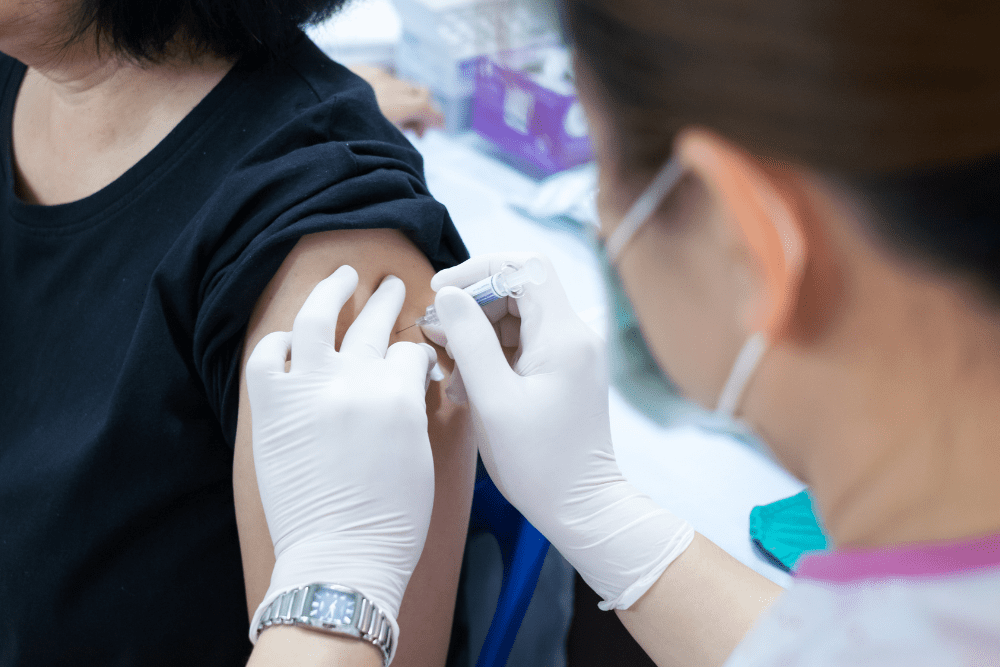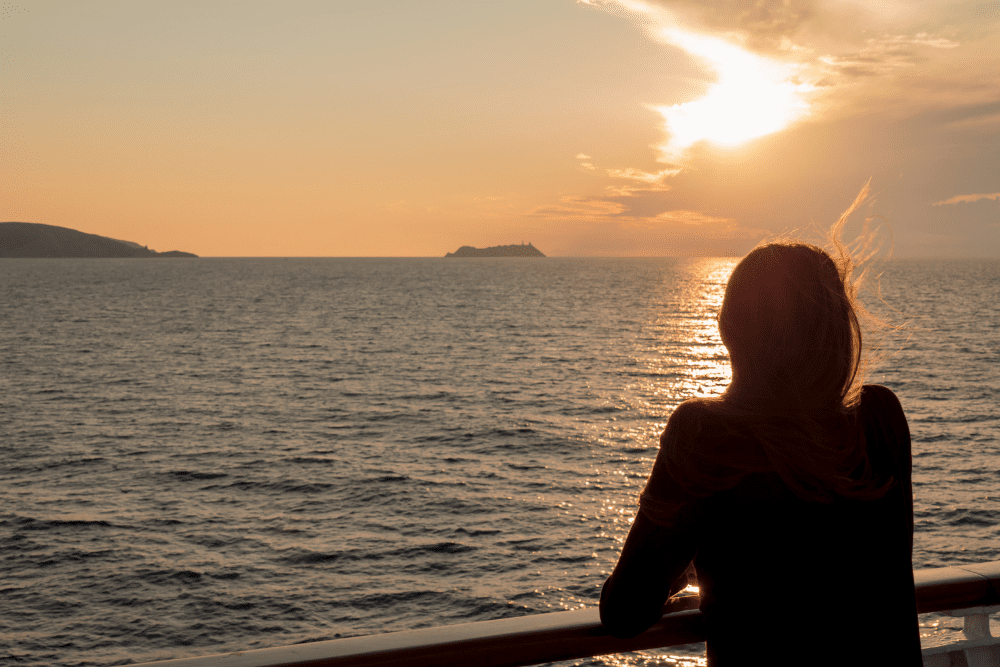If you’re someone who loves cruises, this past year (and change) has likely felt torturous. For the past 15 months, cruises have essentially been cancelled — and with no clear end in sight.
The closures made complete sense. After all, at one point 17% of all COVID cases in the U.S. could be linked back to cruises.
Now, however, much of the country seems to be reopening and getting back to normal — or at least the “new normal.” Will cruises follow suit?
They already are.
Back in April, the CDC released a letter to the cruise industry saying that cruises could restart provided that 98% of the crew and 95% of the passengers were vaccinated. Then, in May, Royal Caribbean became the first cruise line to receive approval from the CDC for “test cruises” that allow people to sail without a vaccination requirement. Their initial “test” (with passengers!) will set sail on June 20.
Many are saying that cruising will largely be back by mid-summer.
How exactly will all of this work? What does it mean for passengers?
If You Are a Passenger on a Vaccinated Cruise This Summer…
As you might expect, passengers will be treated a bit differently on cruises depending on whether or not they have gotten vaccinated before the voyage begins.
Vaccinated individuals:
- Will not be required to take tests when embarking or disembarking
- At individual cruise lines’ discretion, will be able to engage in tours that are independently operated or even go off exploring on their own (the only requirement is that they will have to wear masks when indoors)
- At individual cruise lines’ discretion, will be able to keep their masks off when outdoors on the ship (except in large crowds)
Unvaccinated individuals:
- Will need to get either the rapid antigen test or the polymerase chain reaction (PCR) test whenever they embark and disembark

Then there are the changes to general cruise protocol that all passengers may notice. Most ships will likely set sail with far fewer passengers than normal to promote social distancing and reduce the chances of a large outbreak. Additionally, there will be more al fresco dining options, shore excursion restrictions, improvements to air filtration systems, and mask mandates in certain public places.
What if someone ends up getting COVID?
Last year, some of the biggest cruise news came from people getting quarantined on ships due to outbreaks. This summer, things are likely to be handled a bit differently.
- Ships will likely have separate medical and testing facilities for anyone who tests positive to prevent the spread of disease.
- If someone is exposed or diagnosed with COVID on the cruise, there is a higher chance that they will be able to leave the ship and either stay in a hotel or (if they live close enough) even drive themselves home.
What Cruise Lines are Sailing This Summer?
Most of them. Unfortunately, the complete list is quite long, so we’re just going to focus on the lines that have cruises departing Florida through July:
Carnival. The Carnival Horizon is scheduled for three cruises out of Miami in July, a 6-night trip to the Western Caribbean, and two separate 8-night cruises to the Southern Caribbean.
Celebrity. From June 26 through July 24, the Celebrity Edge will depart out of Ft. Lauderdale on three separate cruises, and the Celebrity XX has two voyages scheduled. All are headed to the Eastern or Western Caribbean.
MSC. Want a bit more variety? MSC has nine different cruises spread out over three ships throughout the month of July, ranging from three to seven nights and traveling to the Bahamas, Western Caribbean, or Eastern Caribbean.
Royal Caribbean. Not to be beat, Royal Caribbean tops the others on this list with 13 voyages planned for July out of Miami, Tampa, and Orlando on six different ships.
What About Those “Test Cruises” That Don’t Require Vaccination?
If you’re curious about going on a test cruise, there are a number of things you should know, and several requirements.
First things first — this is on a volunteer basis. Due to the more dangerous nature of these unvaccinated cruises, passengers will have to read a written statement from the cruise line informing them of the risks, and sign off on an informed consent form.
Second, unvaccinated doesn’t mean everyone will be unvaccinated. Passengers will either have to provide proof that they have received a vaccination or present a written document stating that they have no medical issues that would make them more likely to develop a severe COVID-19 infection.

Additionally, no one will be allowed to explore on their own at port stops, there will be rules about social distancing and face masks, you must agree to “provide a post-cruise specimen collection” after the cruise, and you are required to contact the cruise line if you get COVID-19 (or even have COVID-like symptoms) within 14 days of the voyage being complete.
As you can see, things are still a bit complicated. However, for avid cruisers who have been starved of their favorite past time, even these tentative steps back toward normal are likely welcome ones.
About the Author:
Andrew Winston is a partner at the personal injury law firm of Winston Law. For over 20 years, he has successfully represented countless people in all kinds of personal injury cases, with a particular focus on child injury, legal malpractice, and premises liability. He has been recognized for excellence in the representation of injured clients by admission to the Million Dollar Advocates Forum, and named one of America’s Top 100 High-Stakes Litigators. Mr. Winston is AV Preeminent Rated by the Martindale-Hubbell Law Directory, enjoys a 10.0 rating by AVVO as a Top Personal Injury Attorney, has been selected as a Florida “SuperLawyer” from 2011-2020 – an honor reserved for the top 5% of lawyers in the state – was voted to Florida Trend’s ”Legal Elite,” recognized by Expertise as one of the 20 Best Fort Lauderdale personal injury attorneys, named one of the Top 100 Lawyers in the Miami area for 2015-2017, and one of the Top 100 Lawyers in Florida for 2015-2017 and 2019.






